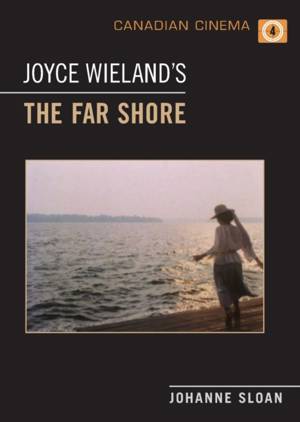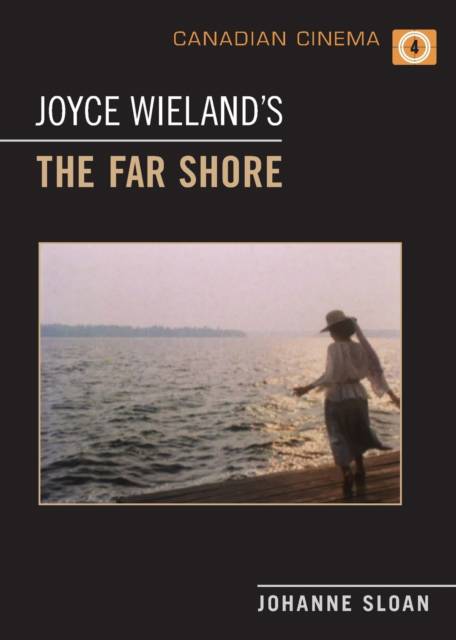
- Retrait gratuit dans votre magasin Club
- 7.000.000 titres dans notre catalogue
- Payer en toute sécurité
- Toujours un magasin près de chez vous
- Retrait gratuit dans votre magasin Club
- 7.000.0000 titres dans notre catalogue
- Payer en toute sécurité
- Toujours un magasin près de chez vous
Description
The Far Shore (1976), made under the direction of celebrated visual artist and experimental filmmaker Joyce Wieland, is one of Canada's most innovative contributions to cinema. The film borrows elements from the life of Canadian painter Tom Thomson, who is represented by the character of Tom McLeod. The main character, however, is not Tom, but the fictional creation of Eulalie de Chicoutimi, the married Québécoise woman who loves him. Using Eulalie's perspective, Wieland was able to re-frame Thomson's life and story as a romantic melodrama while infusing it with subversive commentary on gender, nature and nationalism, and ultimately, on the value of art.
Here, Wieland specialist Johanne Sloan offers a fascinating new perspective on The Far Shore, making it more accessible by discussing Wieland's utopian fusion of art and politics, the importance of landscape within Canadian culture, and the on-going struggle over the meaning of the natural environment.
Spécifications
Parties prenantes
- Auteur(s) :
- Editeur:
Contenu
- Nombre de pages :
- 144
- Langue:
- Anglais
- Collection :
- Tome:
- n° 4
Caractéristiques
- EAN:
- 9781442610606
- Date de parution :
- 01-06-10
- Format:
- Livre broché
- Format numérique:
- Trade paperback (VS)
- Dimensions :
- 132 mm x 188 mm
- Poids :
- 158 g

Les avis
Nous publions uniquement les avis qui respectent les conditions requises. Consultez nos conditions pour les avis.






